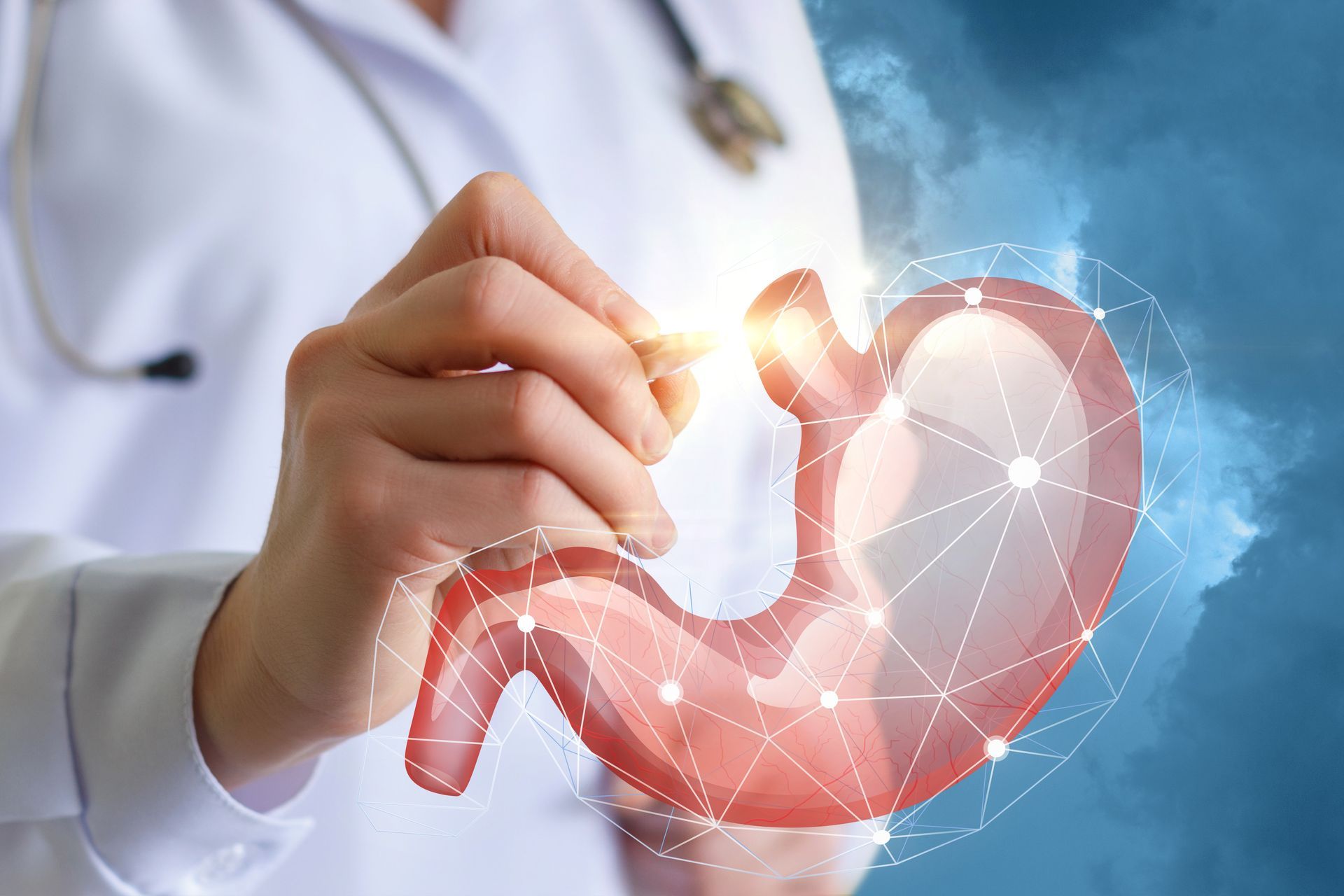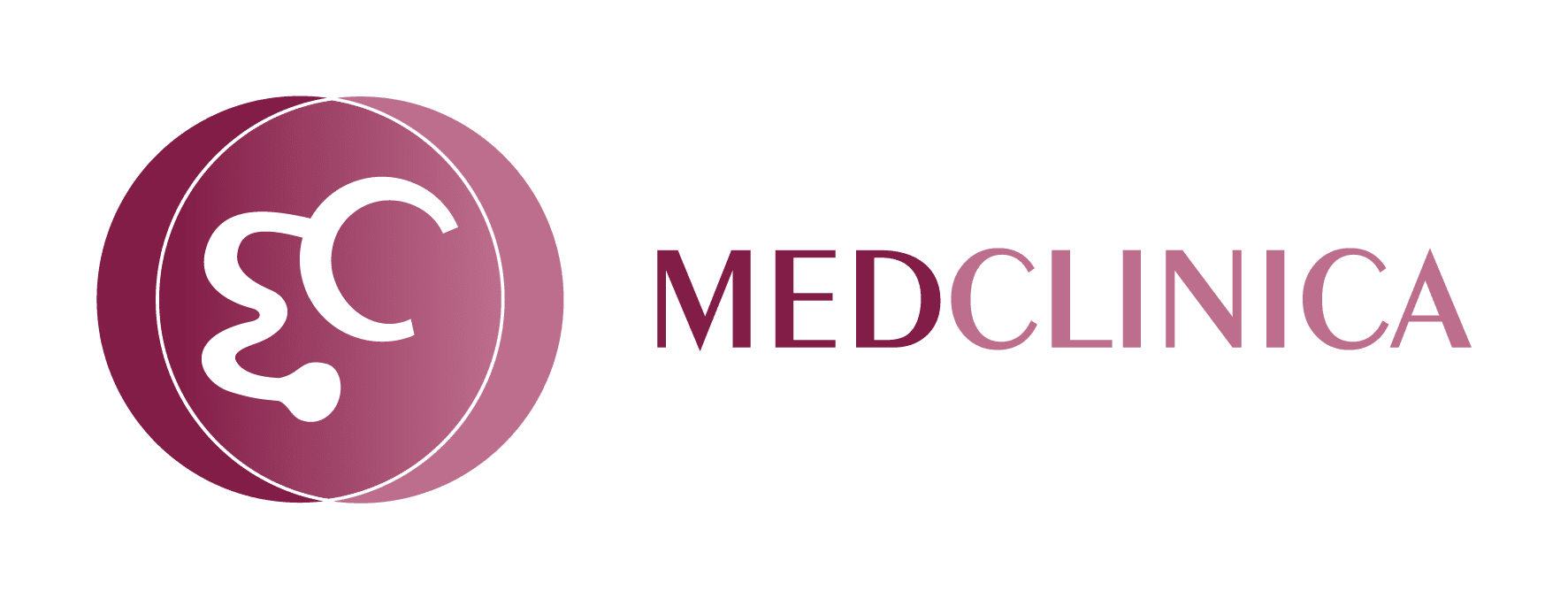SPECIALTIES
INTERNAL MEDICINE
Internal Medicine focuses its approach on evaluating and understanding the patient as a whole, studying the interactions between the various organs and systems. Given their comprehensive training, the Internal Medicine Specialist is mainly dedicated to the prevention, diagnosis and medical treatment of various adult diseases, being able to define priorities and, together with the patient, define the most appropriate and efficient plan of action.
Therefore, the Internal Medicine Doctor is able to deal with complex patients, with multiple diseases, as well as rare diseases and difficult clinical conditions still without diagnosis.
Doctor: Dra. Sara Estrela

GENERAL AND FAMILY MEDICINE
General and Family Medicine is an embracing specialty, centered on the person and his family and oriented towards the provision of primary health care.
The doctors who practice it have general and comprehensive training in all areas of expertise, thus allowing them to guide each case according to the needs of each individual.
It is an essential specialty in health care, working in articulation with all the other specialties. It is characterized by the support and follow-up of the population on a regular basis, presenting a preventive and curative approach, without age limits
Doctors: Dr.ª Ana Luísa Medeiros e Dr. Francisco Nunes Caldeira

GYNECOLOGY AND OBSTETRICS
Gynecology/Obstetrics is a medical and surgical specialty that covers two important areas of women's health:
Gynecology, centered on the prevention, diagnosis and treatment of benign and malignant diseases of the female reproductive system. This area includes consultations in general gynecology, menopause, family planning, cervical pathology, breast pathology and urogynecology, the latter focused on the diagnosis and treatment of urinary incontinence and pelvic floor diseases.
Obstetrics guarantees the follow-up of the woman during pregnancy, aiming at a successful childbirth.
Doctors: Dr.Óscar Rebelo, Dra. Bruna Melo and Dra. Joana Vasconcelos Raposo

PEDIATRICS
Pediatrics is the medical specialty dedicated to children, from newborns to teenagers.
Focuses on the various aspects of health, including prevention and treatment of disease.
Its objective is to promote the physical, emotional, intellectual and social well-being of both the healthy child and the child with an acute or chronic illness.
Doctors: Dra. Joana Rosa e Dra. Joana Fortuna
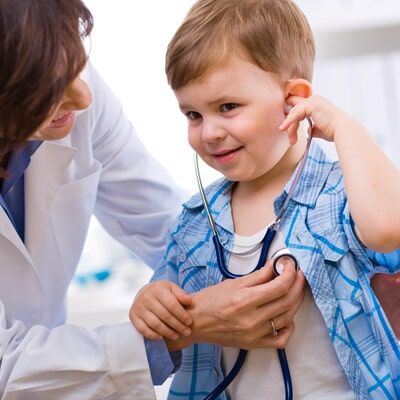
UROLOGY
Urology is a medical-surgical specialty dedicated to the diagnosis and treatment of diseases of the urinary tract (in men and women) and the male reproductive system. It treats problems such as urinary tract infections, urinary lithiasis (kidney stones), urinary incontinence, prostate diseases, and male genital diseases.
It is also dedicated to the study and treatment of diseases of the male reproductive and sexual system, including infertility, erectile dysfunction, and ejaculation problems.
Doctor: Dra. Barbara Oliveira
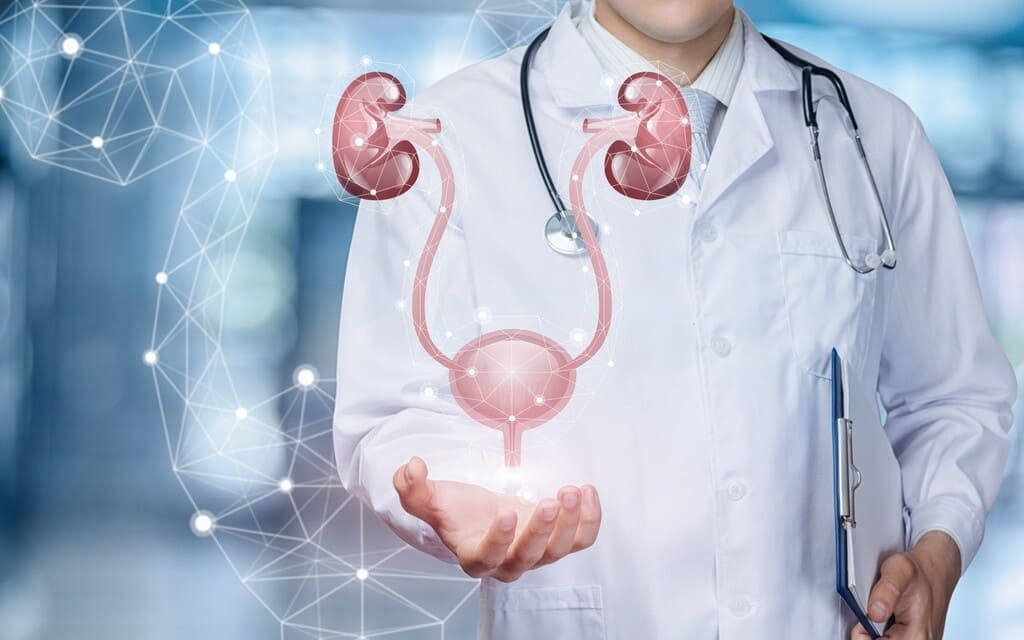
BREAST PATHOLOGY CONSULTATION
Breast Pathology – Studies in a global and integrated way the normal and pathological breast (benign or malignant pathology) at any age and gender. A series of clinical conditions are evaluated in consultation, namely fibrocystic disease, breast pain, the presence of nodules, nipple discharge, infections and changes in breast ultrasound and mammograms.
Doctor: Dra. Ana Teresa Bernardo
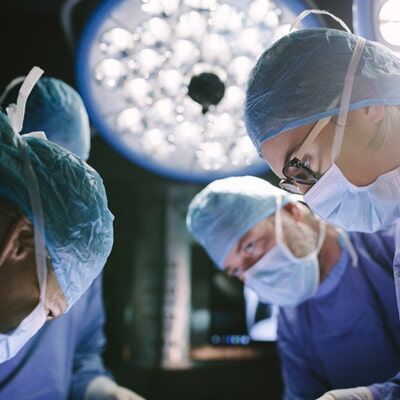
DENTISTS
Dentistry is dedicated to all aspects related to oral health, with the aim of preventing, diagnosing and treating dental disorders in adults and children.
It is a multidisciplinary branch that encompasses several areas such as endodontics, periodontology, prosthodontics, oral surgery, occlusion, among others
Preventive Dental Medicine;
Endodontics – Dental devitalization;
Periodontology - treatment of periodontitis and gingivitis, scaling, curettage and root planing;
odontopediatrics;
Orthodontics - correction of teeth position and maxillofacial development;
Fixed or Removable Prosthesis – dental rehabilitation with crowns, total or partial skeletal and acrylic prostheses.
Doctors: Dra. Sandra Miranda e Dr. Ricardo Caetano
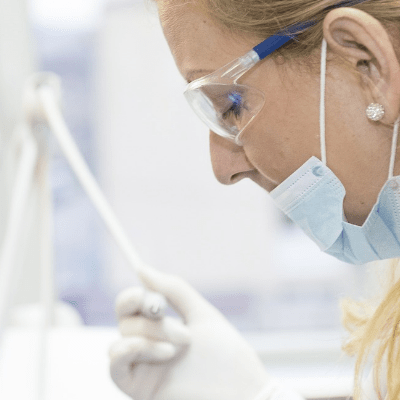
IMPLANTOLOGY
Implantology is a surgical area of Dentistry that offers tooth replacement solutions that are closer to the natural dentition.
Implants work like artificial roots, made of titanium, which when placed in the bone of one of the jaws, support crowns, bridges or prostheses.
In the end, it becomes practically impossible to distinguish the tooth placed on the implant from a normal tooth.
Doctor: Dr. Ricardo Caetano
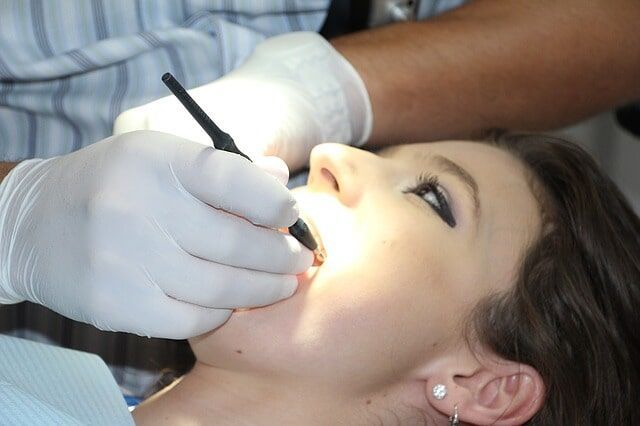
PSYCHIATRY
Psychiatry is the branch of medicine that deals with the prevention, diagnosis and treatment of mental disorders
Its main objective is to alleviate mental suffering, having a mainly biological focus, but integrating concepts from Psychology.
Currently, there are several strategies and medications that help people to restore the chemical balance in the brain and, consequently, their psychological well-being.
Doctors: Dr. Daniel Rego

PSYCHOLOGY
The specialist in clinical and health psychology has scientific competence in the application of concepts, methodologies and techniques, namely in diagnosis, psychological assessment and intervention.
Cognitive-behavioral therapy aims to change behavior and thinking patterns in order to alleviate the patient's symptom.
Doctors: Dr. Nélson Moura e Dra. Ana Meneses

ACUPUNCTURE
Electrical Acupuncture is a discipline of Oriental medicine, whose approach is based on the energetic and physiological system of the human organism, composed of points and meridians of Acupuncture.
Its popularity has increased in the West as a method of treating pain, due to the investment in scientific studies on the physiological effects of this ancient therapy.
This method can treat several pathologies, and medical follow-up is always recommended both in the diagnosis and in the follow-up after treatment. Acupuncture is compatible with other areas of medicine, therefore being an alternative, but not overlapping with conventional medical action.
Doctor: Dr. Miguel Ramires
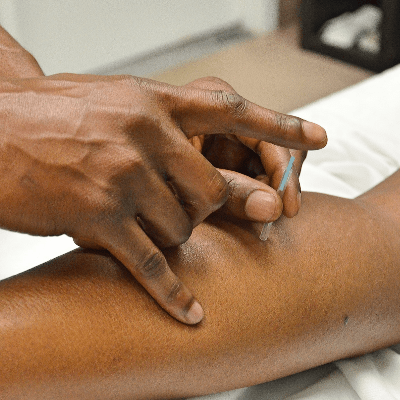
RADIOLOGY - UTRASOUND
What is ultrasound?
Ultrasound is an examination that uses ultrasound to evaluate the anatomical structures of our body.
This exam serves to help the doctor in the diagnosis of several diseases, as well as to evaluate the response to treatment. In this technique, a device called an echograph is used, which produces ultrasounds. Evaluating different areas of our organism, different probes are used,
which emit ultrasounds with different frequencies, depending on the depth of the organ to be evaluated.
How is the ultrasound done?
Ultrasound is a simple and safe test. A probe is placed immediately over the area of the organ or structure to be evaluated.
To produce the images correctly, it is necessary to place a colorless gel between the skin and the probe. During the examination, the radiologist observes the images and interprets them. The most important images are collected and, at the end, the radiologist produces a report.
ABDOMINAL ULTRASOUND
Abdominal ultrasound is indicated, above all, in the evaluation of the liver, gallbladder and biliary tract. The most frequently associated complaints are abdominal pain and fullness. In addition to these organs, it also allows you to assess the spleen, pancreas and whether there is intra-abdominal fluid. For a better evaluation, a 6-hour fast is recommended.
THYROID ULTRASOUND
Thyroid ultrasound is indicated in the evaluation of the thyroid gland, especially when there are changes in thyroid hormones (analyses) and for the search for thyroid nodules.
KIDNEY ULTRASOUND
Renal ultrasound is indicated in cases of kidney pathology, such as renal lithiasis (kidney stones) or for the evaluation of other pathologies.
BLADDER ULTRASOUND (SUPRAPUBIC)
Bladder ultrasound allows us to assess the bladder.
Some indications for carrying out a bladder ultrasound are: benign or malignant bladder tumors (cancer), calculi, diverticula, structural alterations that are the basis of recurrent urinary infections, among many other pathologies.
The test is usually performed with a full bladder to allow for better diagnostic accuracy.
PELVIC ULTRASOUND
Pelvic ultrasound is indicated in the evaluation of pelvic organs, such as the uterus and ovaries in the case of women, and the prostate in the case of men. For its correct execution, the bladder must be full.
BREAST ULTRASOUND
Breast ultrasound is an exam that allows us to study the breast and thus detect possible anomalies. The study can be complemented with other imaging techniques, namely mammography and magnetic resonance imaging.
SOFT TISSUE ULTRASOUND
Soft tissue ultrasound is indicated for the evaluation of superficial structures, such as muscle and subcutaneous fat. It can be directed to any area of the body surface.
PROSTATIC ULTRASOUND(SUPRAPUBIC)
Prostatic ultrasound is a routine exam or to detect pathology of the prostate and seminal vesicles, namely inflammatory changes, Benign Prostatic Hyperplasia or malignant tumor lesions.
For its correct execution, the bladder must be full.
ULTRASOUND OF THE SALIVARY GLANDS
Ultrasound of the salivary glands is a medical imaging exam that serves to study these important organs and thus diagnose various pathologies. Ultrasound allows a good evaluation of the superficial parotid and submandibular lobes, also allowing a good distinction between intra- and extra-glandular masses.
Doctors: Dra. Rafaela Sousa and Dra. Mariana Chaves
SPEECH THERAPY
The Speech Therapist (ST) is the professional responsible for the prevention, evaluation, intervention and scientific study of human communication disorders, encompassing not only all functions associated with the understanding and expression of oral and written language, but also other forms of communication not verbal.
The ST also intervenes at the level of swallowing (safe passage of food and drinks through the oropharynx in order to guarantee adequate nutrition).
From birth, ST plays a fundamental role in the harmonious development of the baby. Provides care in the area of feeding and communication to the newborn baby and his parents.
In preschool children, its intervention focuses on promoting language, vocal and communication skills, as well as on the intervention of their disorders.
It has a fundamental role, in children and young people of school age, in the intervention of reading and writing disorders, in enhancing communication and stuttering.
In adulthood, the focus of ST intervention is mainly on acquired language disorders, vocal and swallowing pathologies.
It also plays a leading role in promoting communication and voice skills in a wide range of professionals.
Doctor: Dra. Joana Rego

VASCULAR SURGERY
Vascular Surgery is the medical specialty dedicated to the diagnosis, medical and surgical treatment of diseases of the arteries, veins and lymphatic vessels such as varicose veins and thrombophlebitis.
Areas of activity: chronic venous disease (varicose veins); telangiectasias (sclerotherapy); deep vein thrombosis; lymphedema; peripheral arterial disease (lower limb ischemia); carotid disease; abdominal or thoracic aortic aneurysms; performance of arterial or venous echocardiography of the limbs and carotid.
Doctor: Dra. Mafalda Botelho de Melo

NEPHROLOGY
Nephrology is dedicated to the prevention, diagnosis and treatment of kidney diseases. It encompasses the assessment of acute and chronic renal failure, as well as metabolic disorders such as ion disturbances (sodium, potassium, calcium, phosphorus and magnesium), acid-base disturbances and water disturbances. It also includes the evaluation of diseases that most frequently affect the kidneys, such as diabetes, high blood pressure, autoimmune disease, urinary infections and kidney stones, in order to prevent progression to kidney failure.
Nephrology is also dedicated to the diagnosis and treatment of resistant arterial hypertension, which can be both a cause and a consequence of renal pathology.
In advanced cases, Nephrology is responsible for providing and managing treatments to replace kidney function, such as Hemodialysis, Peritoneal Dialysis and Kidney Transplantation.
Doctor: Dra. Carolina Ormonde

HEMATOLOGY
Clinical Hematology is the medical specialty dedicated to the diagnosis and treatment of diseases of the blood and hematopoietic organs (bone marrow, lymph nodes, spleen).
The diseases followed by this specialty include:
» Red blood cell diseases: Anemia, Polyglobulia, Thalassemia
» Malignant hematological pathologies: Lymphoma, Leukemia, Multiple Myeloma
» Coagulation disorders (thrombophilia, coagulopathies): Haemophilia, von Willebrand disease, Thrombocytopenia
Doctor: Dra. Ana Rita Leal
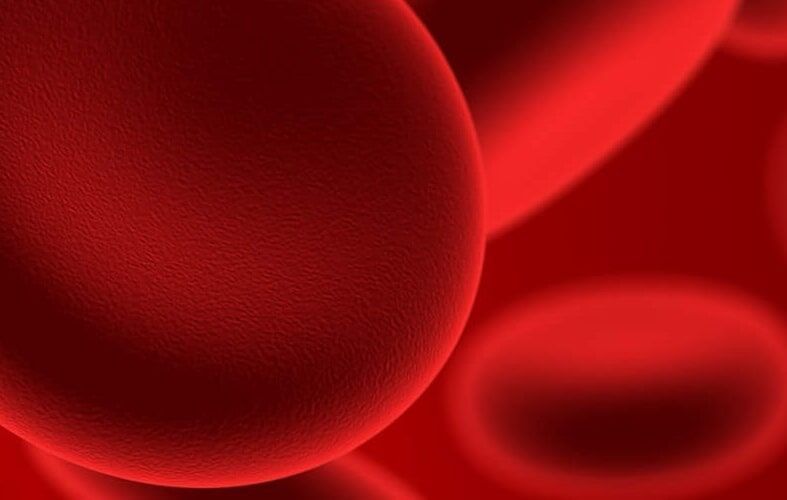
ENDOCRINOLOGY AND NUTRITION
Endocrinology is a medical specialty whose main objective is the study of functional or structural alterations of the endocrine glands. The endocrine system is one of the main regulatory mechanisms, prolonged and sustained in living beings, playing a crucial role from reproduction, growth and puberty to aging. The specialty has several areas of differentiation, namely diabetology, obesity, nutrition, metabolic bone diseases, thyroid diseases, neuroendocrinology, adrenal diseases, reproduction, andrology, sexual differentiation and gender dysphoria, endocrinology and pregnancy, pediatric endocrinology, endocrinology and diabetology in the transition from pediatric age to adulthood, the environment and endocrine disruption, etc. In the areas of practical intervention, mention should be made of dynamic hormonal tests, cervical ultrasound for diagnosis (aspiration puncture and cytology) and therapy, new technologies such as glucose monitoring, continuous subcutaneous insulin perfusion systems.
Source: https://ordemdosmedicos.pt/endocrinologia-e-nutricao-a-especialidade-2/
Main areas of activity:
-Diabetes;
- Thyroid disorders, including thyroid nodules, hypothyroidism and hyperthyroidism;
-adrenal disease;
-Obesity;
-Secondary arterial hypertension;
- Diseases of the reproductive system;
- Pediatric endocrinology, such as short stature/growth problems.
Doctor: Dra. Carolina Chaves and Dra. Ana Maria Figueiredo

NUTRITION
The nutritionist aims at the protection and promotion of health, prevention, control and treatment of disease. The nutritionist's act consists of assessment, diagnosis, prescription, intervention and food and nutritional monitoring activities, as well as planning, implementation, management, communication, innovation, safety and food and nutritional sustainability aimed at people, groups, organizations or communities. The nutritionist's act also includes technical and scientific research, teaching, training, education, management and organization activities in the field of food and nutrition.
The nutritionist is responsible for:
- assess the nutritional status at an individual level; -perform food anamnesis;
- develop a nutritional diagnosis, based on clinical, biochemical, anthropometric and dietary data;
- make a nutritional prescription, based on the diagnosis and health status, adapting it to the evolution of the individual's nutritional status;
- prescribe, plan, analyze, supervise and evaluate therapeutic food plans
https://www.ordemdosnutricionistas.pt/
Doctor: Dra. Joana Lopes

RHEUMATOLOGY
Rheumatology is the medical specialty that is dedicated to the diagnosis and treatment of rheumatic diseases, that is, all pathologies that affect the locomotor system (bones, joints, muscles and tendons) with a non-traumatic origin, as well as systemic autoimmune diseases/ immune-mediated disorders affecting connective tissue in the musculoskeletal system and other devices/systems such as the skin, eyes, nervous system and internal organs.
Rheumatic diseases can manifest in different ways, but typically arise associated with pain, swelling and stiffness in the joints, and include pathologies such as osteoarthritis, gout, rheumatoid arthritis, spondylarthritis, tendinitis and bursitis, systemic lupus erythematosus, myositis, sclerosis systemic disease, metabolic bone diseases (osteoporosis), among others.
Doctor: Dr. Filipe Pinheiro

TRAVELER'S MEDICINE
Population mobility at international level, for leisure, study, work or other reasons (e.g. refugees), can pose challenges to people's health, depending on the characteristics of the destination, the trip and the traveler. The contact of those who travel with environments and factors different from those existing in their usual geographic reality (e.g. disease transmitting agents, climate, altitude) can interfere with the objectives of the trip, making it less pleasurable and/or profitable. These potentially aggressive factors are often unknown to those who travel. Travel Medicine focuses on population mobility and possible health conditions in destination locations. The Traveler's Doctor seeks to advise those who travel, in a preventive manner to minimize the risk to the traveler's health, with the ultimate aim of ensuring that they have the best experience possible. The Traveler Consultation may cover different topics, such as: preventive attitudes to be taken at the destination; review of vaccination status; risk of vector-borne diseases (e.g. malaria) and how to minimize it; risk of diseases transmitted by contaminated water and food and how to minimize it; information on other endemic diseases and outbreaks; preparation of the travel case/kit; precautions to take in case of illness during and after travel; specific advice for travelers with special characteristics (pregnant children, elderly people).
The Traveler Consultation should preferably be carried out between 4 and 8 weeks before the trip, so that any necessary preventive measures can be carried out. However, it can be very useful even if carried out the day before the trip. To the consultation you should bring your Vaccination Report and a list of your usual medication, as well as some potentially relevant clinical information.
Doctor Dr. Francisco Nunes Caldeira

OTORHINOLARYNGOLOGY
The otorhinolaryngologist is a doctor who specializes in the diagnosis, prevention and treatment of diseases of the ears, nose, larynx, pharynx, throat and vocal cords.
Consultations:
Otorhinolaryngology
Pediatric Otorhinolaryngology
Areas:
Otologic Pathology (Otitis, Hearing Loss)
Nasosinusal Pathology (Allergy, Nasal Obstruction, Rhinitis, Rhinosinusitis, Nasal Polyposis, Papillomas, Tumors of the Nasal Cavities and Paranasal Sinuses)
Laryngeal and Oral Cavity Pathology
Dr. João Rosa
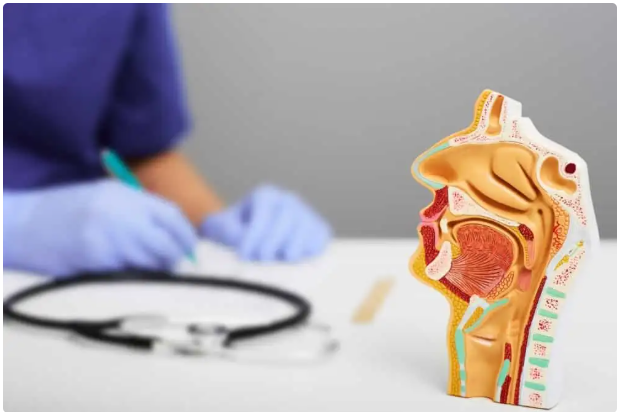
CHILDREN’S SLEEP HABITS CONSULTATION
The consultation is based on knowledge of the child's sleeping patterns as well as the needs and specificities of each family, in order to improve the quality of sleep of the child. This is an educational consultation and is intended for parents looking to obtain more information on how to improve your children's sleeping habits, as well as resolving any sleep challenges they may be facing, by recommending solutions that can be put into practice. Topics covered: nighttime awakenings, naps, routines, sleep deprivation, “co-sleeping”, anxiety, setting limits at bedtime, among other concerns or doubts that parents may have.
Coach: Pedro Mendonça

GASTROENTEROLOGY
Gastroenterology is the medical specialty dedicated to the diagnosis and treatment of diseases of the digestive system, namely the esophagus, stomach, intestine, liver, bile ducts and pancreas.
Scientific and technological advances in Medicine have been particularly evident in Gastroenterology, with emphasis on the area of digestive endoscopy. Gastroenterology as a specialty thus assumes an important technical aspect, focusing on carrying out a variety of examinations to diagnose and treat diseases of the digestive system, without neglecting the human aspect in the basic and central doctor-patient relationship.
Doctor: Dr. Diogo Bernardo Moura
